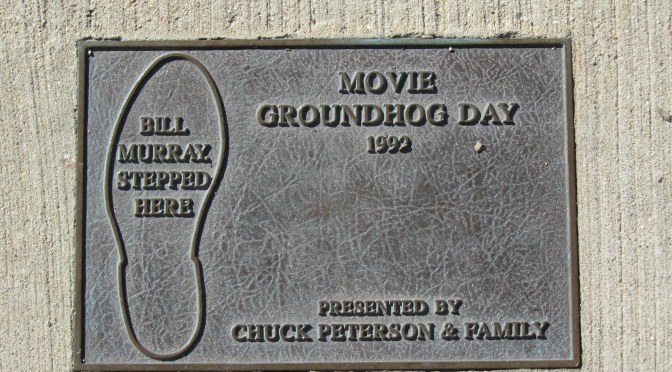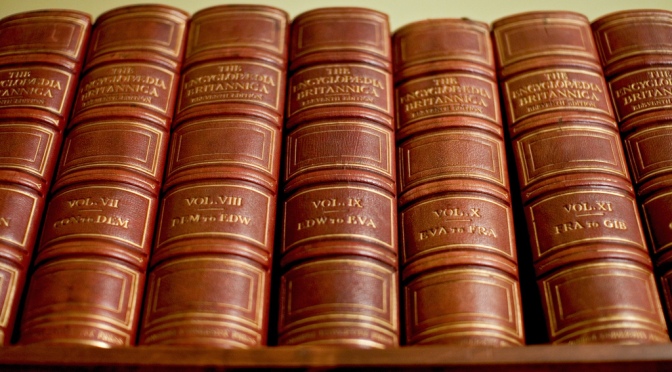This is a piece I wrote for Teach Secondary in February. Click here and you can subscribe to see more articles like this from teachers.
“Do you ever have déjà vu, Mrs Lancaster?”
“I don’t think so, but I could check with the kitchen.”Groundhog Day (1993)
Ah, the classic time-loop trope: a staple of stories and films, this simple device sees our hero or heroine being forced to experience the same period of time repeatedly.
Now, we all know that teaching isn’t like that in the day-to-day. In fact, the idea that ‘no two days are the same’ is often cited as a reason why we all love this job.
But in the long term, there is actually quite a lot of repetition in education. And unlike Mrs Lancaster – Bill Murray’s landlady in Groundhog Day – we don’t need to check with the kitchen for evidence of déjà vu. No, in schools we have our more experienced colleagues to remind us.
“I remember this intervention/trend/fad/torture the last time it came around.” We’ve all heard this said. Or we’ve said it ourselves. Because it is one of the universal truths of teaching: like Madonna or West Bromwich Albion, ideas disappear and then return a few years later, rehabilitated and revamped, with an almost predictable frequency.
Recurring nightmares
The time-loop trope in films is often used as a device of horror, or at the very least, grim frustration. And it can have the same effect in teaching.
I can’t even begin to tell you of the nightmares I’ve had about having to relive the hell that was APP again – an approach to assessment from the late noughties that involved lots of paper, huge amounts of priceless teacher time and yet still resulted in the same old subjective and inaccurate grades.
So why do I live in fear of someone bringing APP back from the dead? Surely we all know it was awful? Well, no, not all of us.
There will be people new to the profession who don’t remember the abominations of the past.
With good intentions, they will (re)invent this stuff and dump it into the laps of those who remember it the first time around, ignoring the defences from these battle-weary veterans of, “You don’t know, man! You weren’t there!”
Look back
So, how do we protect ourselves from this inevitable time loop? How can we prevent someone triggering our PTSD from a resuscitation of the PLTS? How might we avert a second attempt at a Brain Gym lobotomy? How do we avoid getting the shakes from VAK again?
The answer is to future-proof education. But I don’t mean by listening to the futurists – they’ve been playing guessing games, making guff up and getting it wrong for centuries.
(Incidentally, why do futurists never predict that in the future, people will look back at futurists’ ideas and laugh at how wrong they were? That would be a more prescient observation.)
No, I mean that we should – and can – future-proof education against the past. That’s where many of our most pernicious ideas come from (mea culpa: I don’t stand apart from these ideas – I’ve been complicit in many of them).
And that’s also where we have the evidence and experience to say with more accuracy: this idea is useful/of little use/downright damaging.
We can easily future-proof ourselves against these ghosts of the past, these reanimated corpses of past horrors, by reading widely around the ideas and making sure we know about the research and discourse that informs or refutes them.
Knowledge is power
There comes a point in all of these time loop narratives when the protagonist stops letting the grinding repetition get them down, when they stand up and take control of their own destiny; when they cry, as Bill Murray’s character declares in Groundhog Day, “I’m not going to live by their rules anymore.”
So when the APP gremlins multiply and take over thanks to some well-meaning yet oblivious individual feeding them after midnight, we should arm ourselves with the one thing that can protect against them: knowledge.
Know more about them than we are told. When we know more about the past, we are protected against the future. Only then can we be guided by the things that work. Then we won’t have to live by their rules again. And again. And again…


